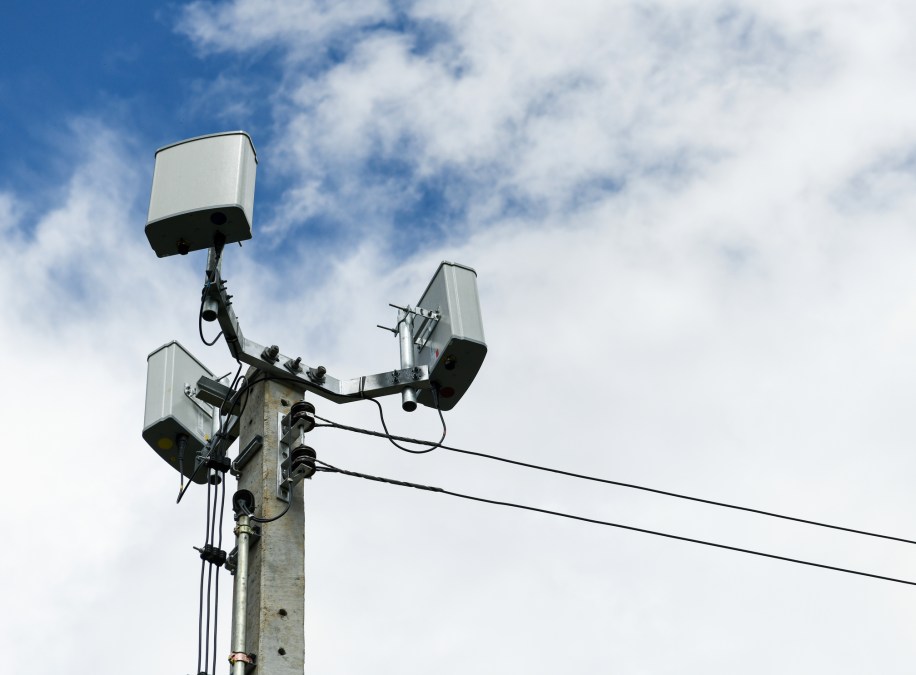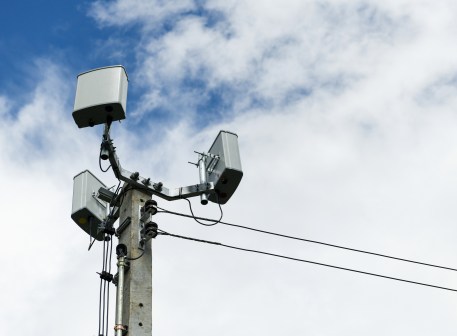Lawmakers reintroduce bill to finance 5G projects in 22 European countries

House lawmakers have reintroduced legislation that would let the federal agency responsible for financing private development projects abroad fund 5G infrastructure development in 22 countries in Central and Eastern Europe.
Under the Transatlantic Telecommunications Security Act, the U.S. Development Finance Corporation would work with relevant agencies improve the resilience of vulnerable telecommunications networks by providing early- and late-stage project support and replacing potentially compromised equipment.
The bill was first proposed towards the end of the last legislation session in December 2020, when it was referred to the House Foreign Affairs Committee but never taken up. It is co-sponsored by Rep. Marcy Kaptur, D-Ohio, and Rep. Adam Kinzinger, R-Ill.
The proposed legislation responds to China‘s Belt and Road and 17+1 initiatives, which have seen state-linked telecom companies Huawei and ZTE sell potentially compromised infrastructure in a region historically lacking it since the Soviet era.
“The United States and our allies are facing increasing threats from state-linked companies in China as they seek to infiltrate and undermine democratic institutions,” said Rep. Marcy Kaptur, D-Ohio, in a statement. “These companies pose an especially dire risk as our European allies and partners work to build out their 5G infrastructure.”
5G networks will further development of emerging technologies like artificial intelligence, making it “critical” to European nations’ security and economies they be protected from “malign” actors like China and Russia, Kaptur added.
The legislation supports the Three Seas Initiative organized by 12 Central and Eastern European countries in the European Union to secure the telecom space, as well as Ukraine, Moldava, Georgia and Western Balkan countries interested in joining the EU.
If made law, the act would require the State Department to work with DFC and the U.S. Trade and Development Agency to identify 5G projects worth financing. Eligible projects would improve 5G networks with new hardware or software, provide market transparency, avoid or replace potentially compromised equipment, and increase telecom integration in the target region.
Preference would be given to projects that attract private sector, international financial institution, home government or European Commission investment; are available for funding through the Three Seas Initiative Investment Fund; are in countries belonging to that initiative, NATO or are democratic-leaning; and advance U.S. economic interests.
The U.S. president would have a year from enactment to report the progress made assisting projects, including financing and contractual terms and success eliminating potentially compromised equipment.
All told, the countries included in the act are: Albania, Austria, Bosnia and Herzegovina, Bulgaria, Croatia, Cyprus, the Czech Republic, Estonia, Greece, Hungary, Kosovo, Latvia, Lithuania, Moldova, Montenegro, North Macedonia, Poland, Romania, Serbia, Slovakia, Slovenia, and Ukraine.
Sen. Mark Warner, D-Va., in November called for an “alliance of the willing” between the U.S. and its allies in Europe, Japan, South Korea, India, and Israel to pool resources and possibly financing for 5G, AI, quantum computing, and facial recognition research and development. The current chair of the Senate Intelligence Committee said that way Western companies can compete with Chinese ones.
“Many of them are quite good, but at the end of the day they are not loyal to their shareholders,” Warner said back then. “They are loyal to the Communist Party of China, which in my mind makes them a national security threat.”






